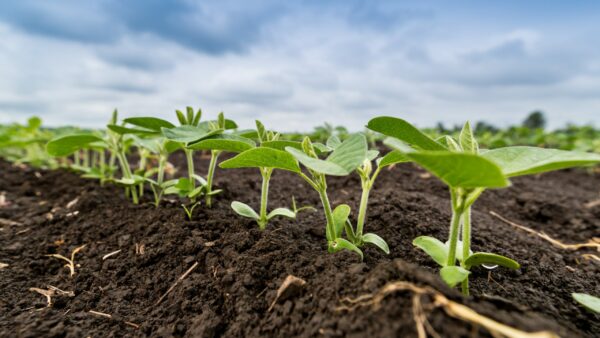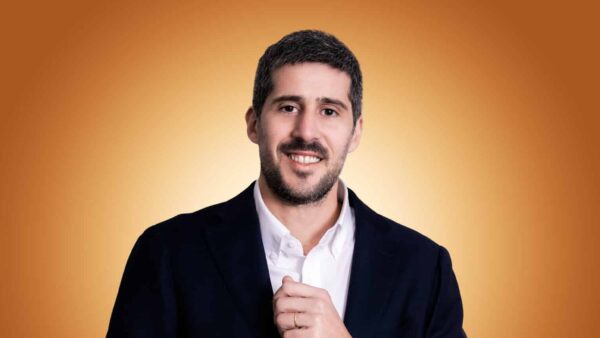Launched in 1998 by John Batcha, who retired from Asgrow Seed Company, Seed Programs International (SPI) was created to make use of excess seed by supplying humanitarian organizations with quality seed, providing them with seed expertise and supporting their programs to distribute that seed.
SPI President and CEO Peter Marks says that these partners provide tools and training, which helps to build local leadership so that the seed programs can sustain themselves. “This allows people around the world to grow gardens for themselves, for their families and as a means of income,” Marks says, who spoke at the American Seed Trade Association’s 2015 Vegetable & Flower Seed Conference in Tampa, Florida.
According to a video that Marks showed to attendees of the general session today, one in eight people aren’t getting enough nutrition to live a healthy life — that’s 872 million people.
Some can grow part of the food they need, but they are lacking vital resources such as good seed. Since SPI’s inception, more than 15 million seed packets have been distributed in 75 countries — that’s 1 million vegetable gardens.
“John F. Kennedy said in 1963 that we have the means, we have the technology and that we have the ingenuity to end hunger in our lifetime and that we only lacked the will,” Marks says. “We haven’t yet achieved that. There were about 900 people facing medically-recognized malnutrition in 1970. It’s about the same today. One child still dies of nutrition-related causes about every 10 seconds. That’s not good enough and not achieving that mission we set up for us.”
Marks explains that since 1970, the population has grown from 4 billion people to 7 billion people, and countries that were once developing, like China and India, are now developed.
“Even in the developing countries of the world, the percentage of the people who are malnourished has gone down from about 30 percent to about 15 percent,” Marks says, attributing this decline to better sanitation, better medicine and more economic development. “That’s where you come in. The seed industry has made a difference. People have access to the resources needed to grow food.”
In sub-Saharan Africa, Marks shares that since 1970 the average life expectancy of a woman has gone from 47 years of age to 61 years. “That’s a huge gain in life and your industry gets part of the credit,” he says.
For more information about SPI and how to get involved, visit http://seedprograms.org/.












